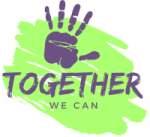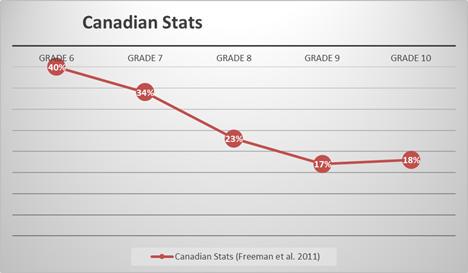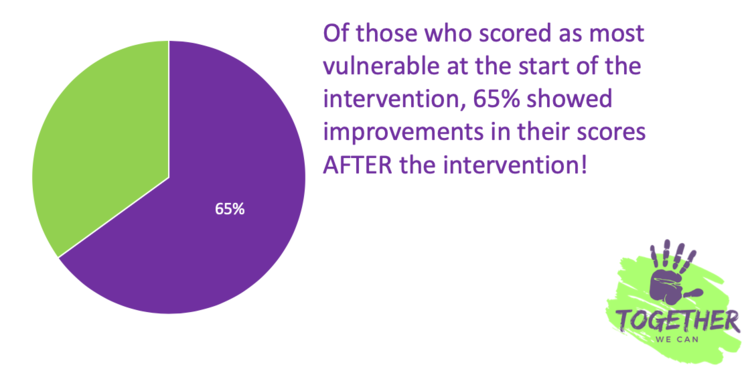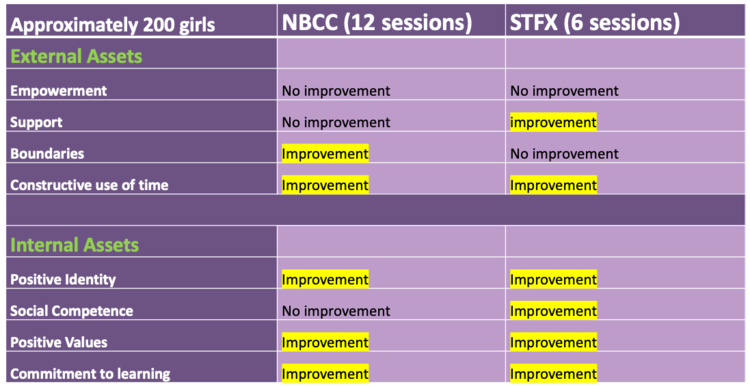Together We Can Girls
The Contribution of Pro-Social Role-Modeling and Peer Mentoring to the Development of Positive Social Skills in Young Females: a Longitudinal Study of Early Intervention Strategies

About the project
Public shaming and issues around body image have long been part of the rite of passage for teenage girls, but today’s technology only further amplifies the impacts. Research has shown this can have a negative impact on girls’ social behaviour during their formative years. With the help of a College and Community Social Innovation Fund grant from the Social Sciences and Humanities Research Council (SSHRC), NBCC students have been working with instructor and researcher Stephanie Ruckstuhl and her colleague Dr. Chris Gilham to develop and implement an innovative intervention. Community partners include the school district and Horizon Health.
Resources
If you are interested in launching a similar program, feel free to use the resources below:
Research Team
Stephanie Ruckstuhl (NBCC)
Dr. Chris Gilham (St. Francis Xavier University)
FAQs
What was the goal of this project?
To develop strategies for building the pro-social skills of our young girls, to empower them with decision-making tools and to share the results of the research with community organizations
across New Brunswick.
Who was involved?
The research team worked with middle-school girls in the Charlotte County area with the permission of their parents/guardians.
How long was the project?
The research project lasted 3 years from July 2015 until June 2018.
How was the research done?
Twice a year, participants took part
in this project through group sessions with mentors. There were 6 sessions each year either in the spring or in the fall. The sessions took place in local schools.
Who were the mentors?
The mentors were NBCC students enrolled in the Practical Nurse Program.
Were there any benefits to participants?
Girls who participated in this study had a chance to develop
positive social skills and improve their self-esteem. They discussed issues like body image, friendships, social media, and much more. Participation could have a positive impact on the girls’ future careers and relationships with others.
Findings
In Canada, girls sense of self-worth – their positive identity – declines throughout early adolescence. In grade 6 40% of girls identify as having strong self-esteem. By grade 10 that number drops to 18%.
 Positive identity, according to the Search Institute is defined as: Young people need to believe in their own self-worth and to feel that they have control over the things that happen to them.
Positive identity, according to the Search Institute is defined as: Young people need to believe in their own self-worth and to feel that they have control over the things that happen to them.
Our work attempted to stop that decline and, where possible, help girls see and develop stronger positive identities. We were successful with these two goals across seven schools and two provinces!
Girls who started the program with healthy positive identities maintained this view of themselves throughout the program. Girls who started the program with poor positive identities ended the program with healthier positive identities and maintained these healthy views of themselves months after the program ended.
We also saw girls improve on other healthy developmental assets.
More Information
If you have any questions, call (506) 529-5600 or email Stephanie.ruckstuhl@nbcc.ca
Project Partners/Funders
Funders

Collaborate with us!
Email appliedresearch@nbcc.ca to learn more about how NBCC students can help you reach your business goals.
About Applied Research and Innovation
NBCC’s Applied Research and Innovation office helps businesses and communities find solutions to their challenges. Through its expertise, equipment, and facilities, NBCC helps its partners to solve problems, take advantage of market opportunities, and develop new, innovative processes that will enhance how New Brunswickers live, work and do business.



